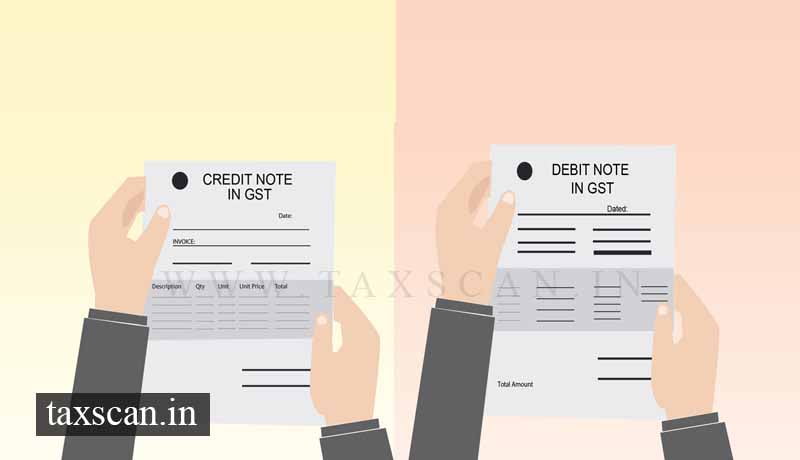Govt Issues Concept Notes on Credit & Debit Notes

Where a tax invoice has been issued for supply of any goods or services or both and the taxable value or tax charged in that tax invoice is found to exceed the taxable value or tax payable in respect of such supply, or where the goods supplied are returned by the recipient, or where goods or services or both supplied are found to be deficient, the registered person, who has supplied such goods or services or both, may issue to the recipient what is called as a credit note containing the prescribed particulars.
When a tax invoice has been issued for supply of any goods or services or both and the taxable value or tax charged in that tax invoice is found to be less than the taxable value or tax payable in respect of such supply, the registered person, who has supplied such goods or services or both, shall issue to the recipient a debit note containing the prescribed particulars.
There is no prescribed format for the debit or credit note issued by a trader.
The person who issues a credit note in relation to a supply of goods or services or both must declare the details of such credit note in the return for the month during which such credit note has been issued but not later than September following the end of the financial year in which such supply was made, or the date of furnishing of the relevant annual return, whichever is earlier. In other words, the output tax liability cannot be reduced in cases where credit note has been issued after September.
The output tax liability of the supplier gets reduced once the credit note is issued and it is matched.
The claim for reduction in output tax liability by the supplier that matches with the corresponding reduction in the claim for input tax credit by the recipient shall be finally accepted and communicated to the supplier. The reduction in output tax liability of the supplier shall not be permitted, if the incidence of tax and interest on such supply has been passed on to any other person.
The issuance of a debit note or a supplementary invoice creates additional tax liability. The treatment of a debit note or a supplementary invoice would be identical to the treatment of a tax invoice as far as returns and payment are concerned.
The records of the debit note or a supplementary invoice have to be retained until the expiry of seventy two months from the due date of furnishing of annual return for the year pertaining to such accounts and records. Where such accounts and documents are maintained manually, it should be kept at every related place of business mentioned in the certificate of registration and shall be accessible at every related place of business where such accounts and documents are maintained digitally.
Read the full text of the Concept Notes below.

